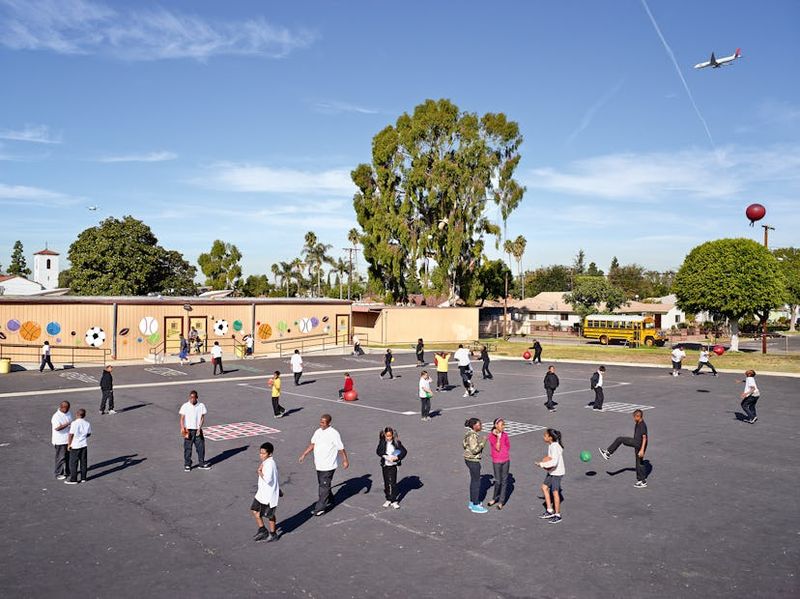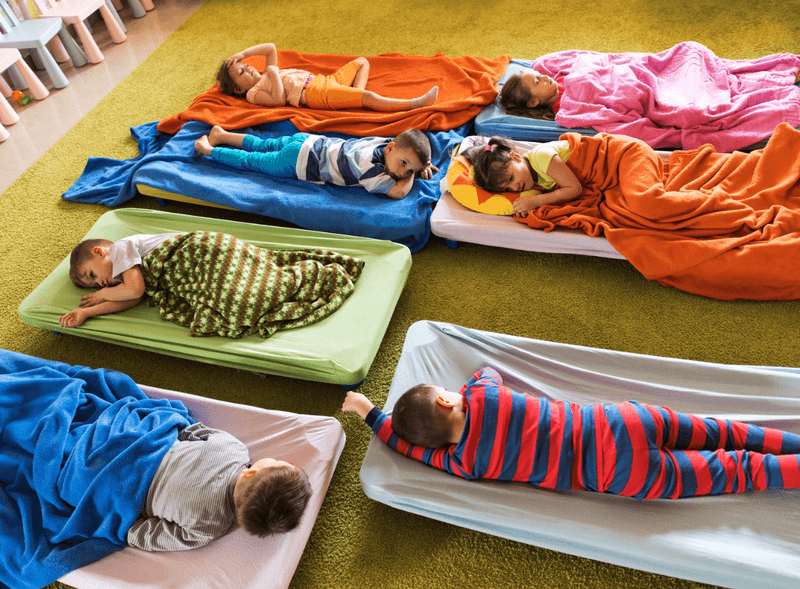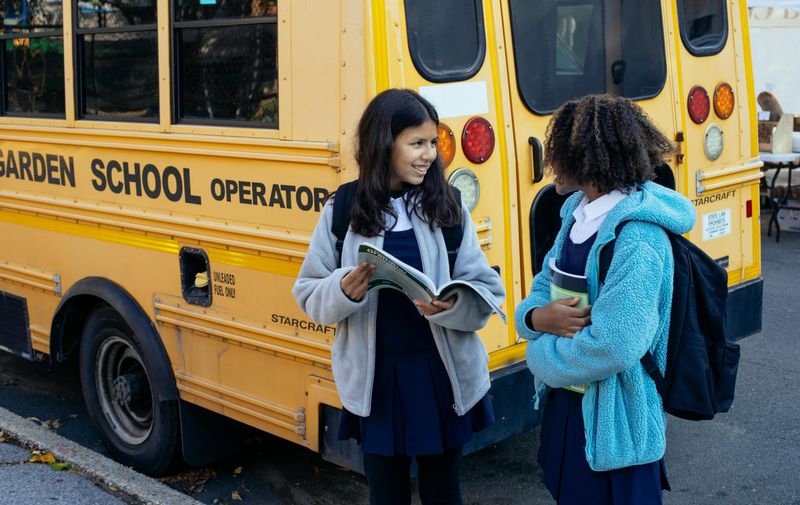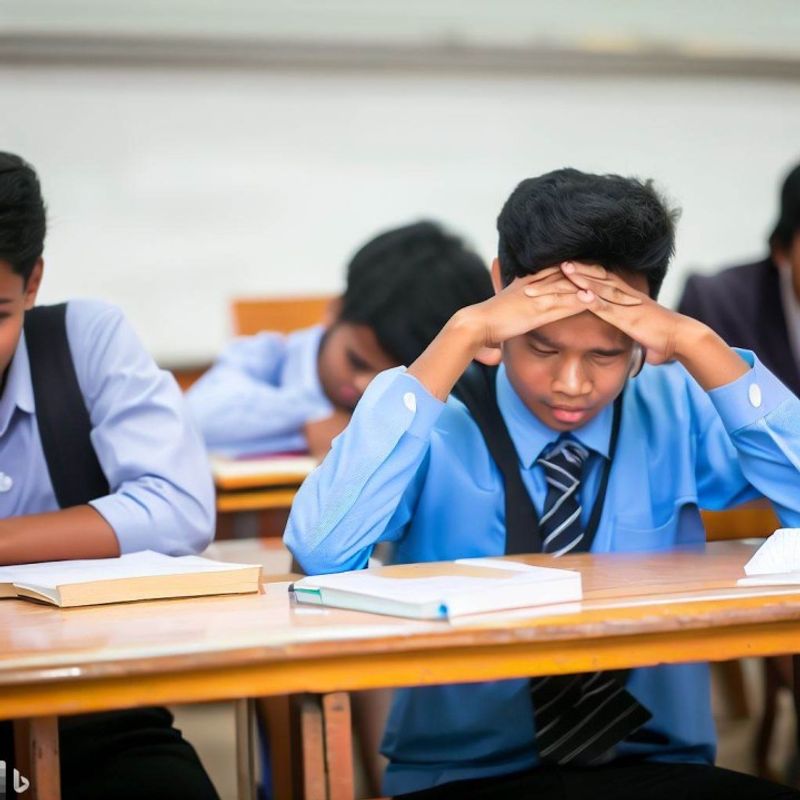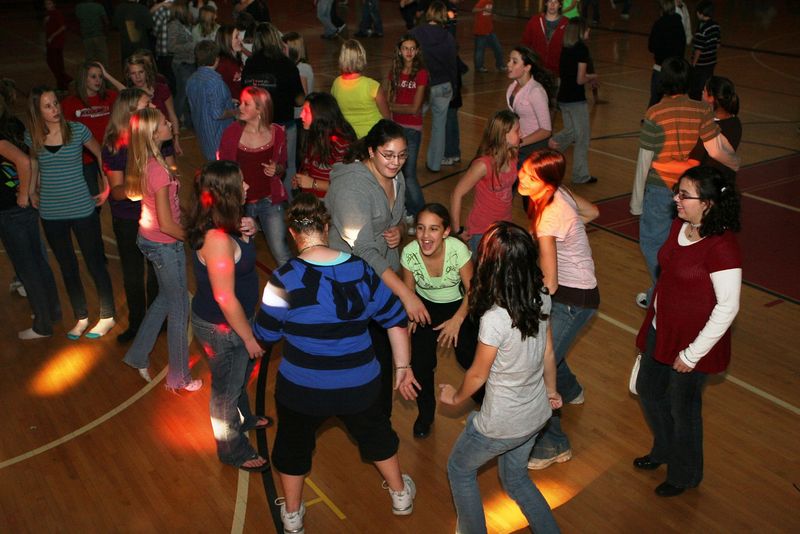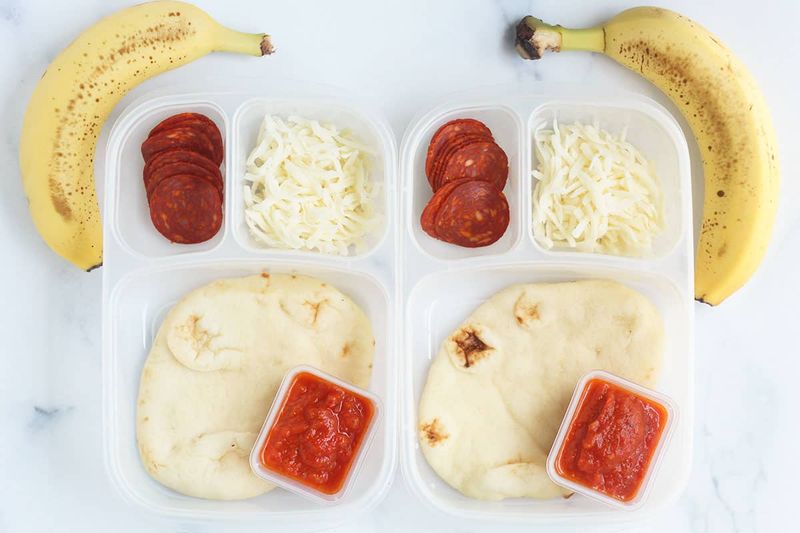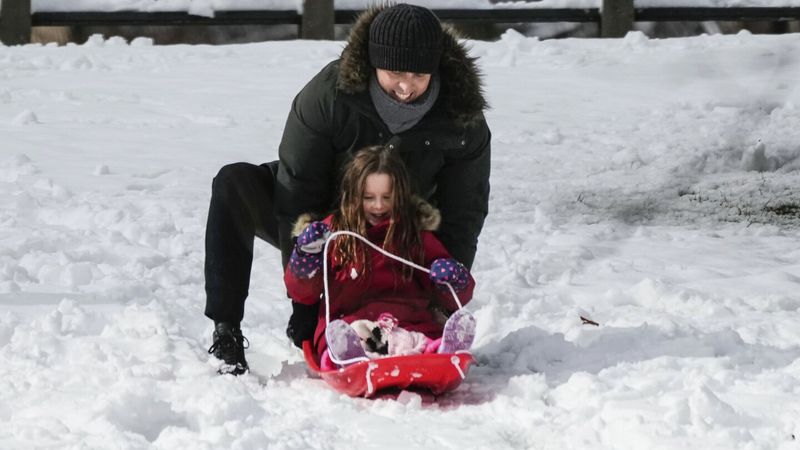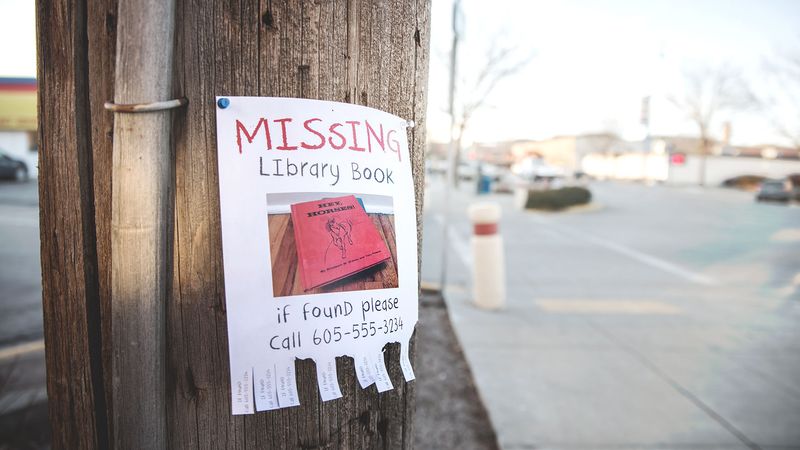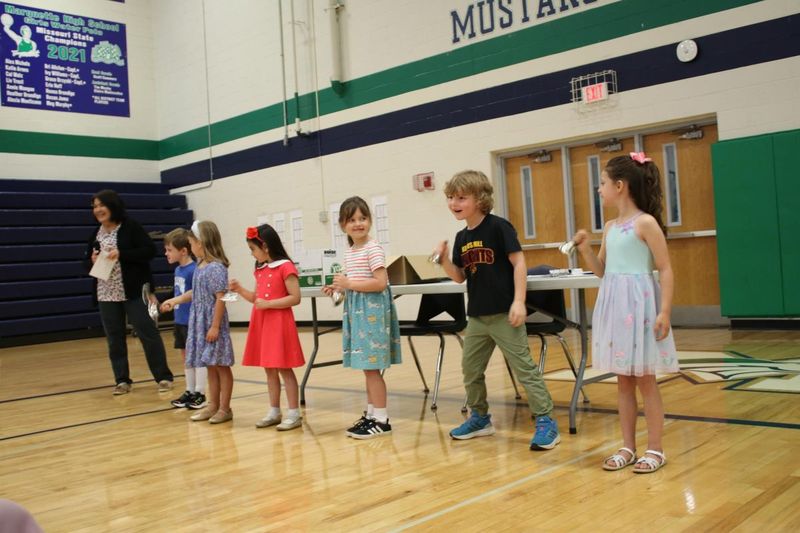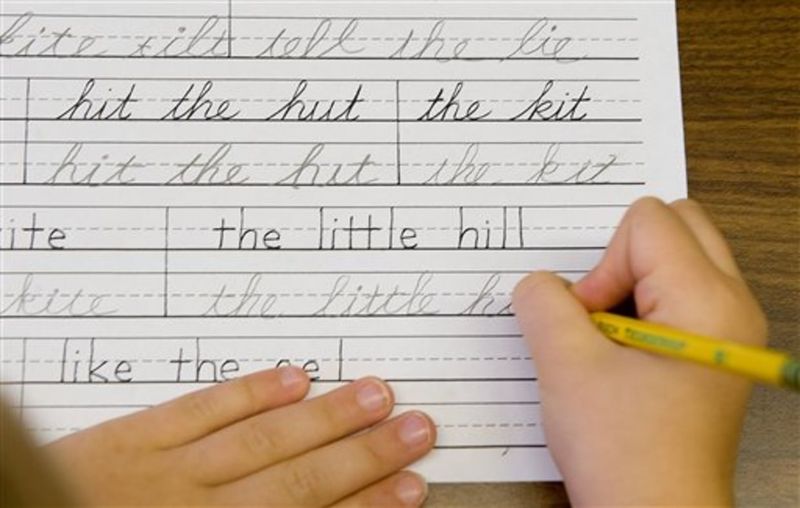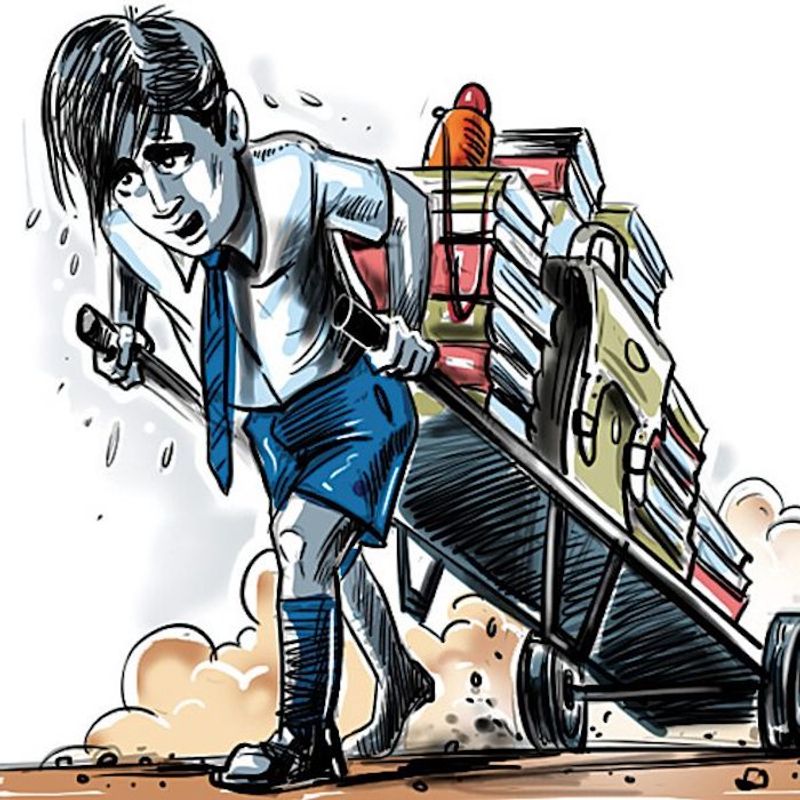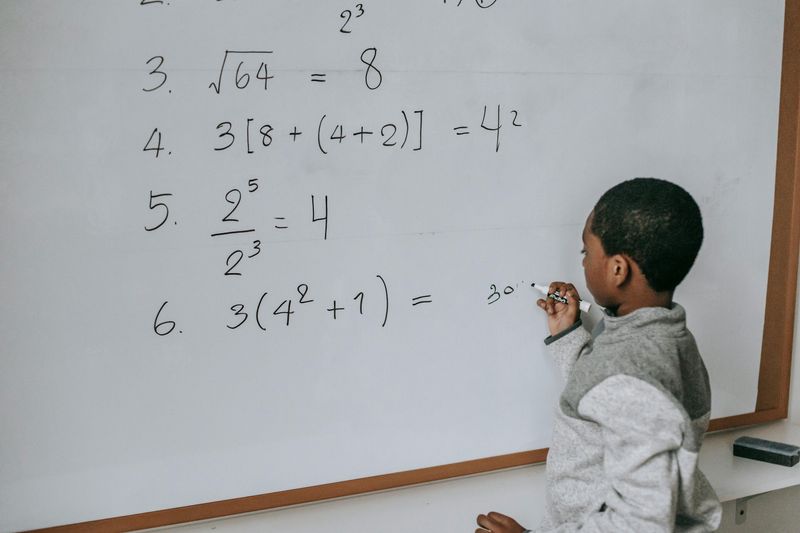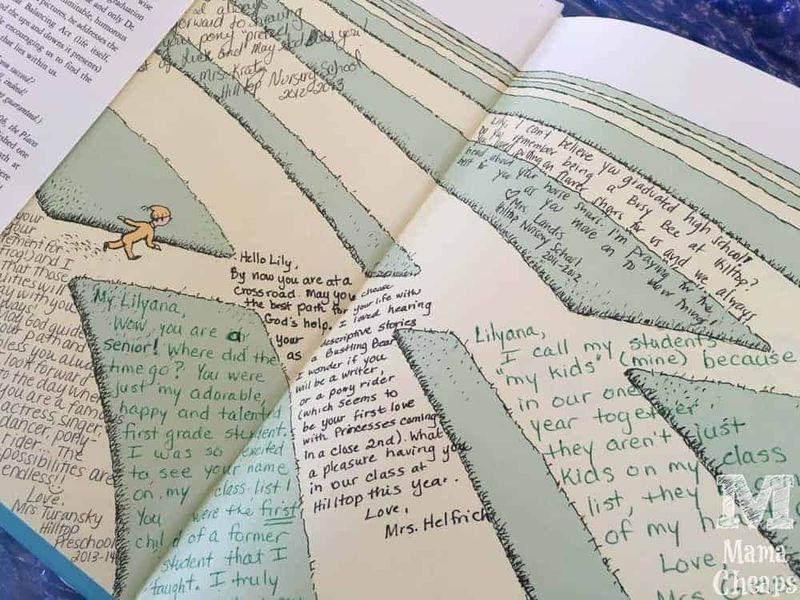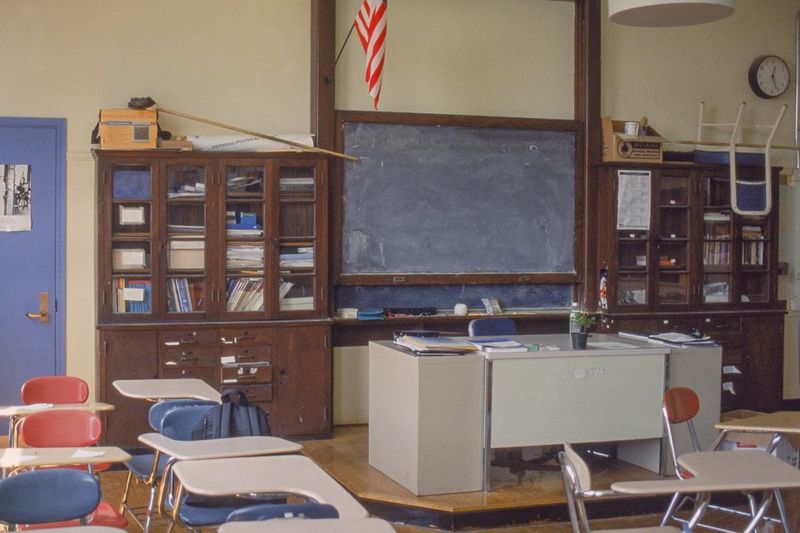Remember those days of scribbled notes, squeaky chairs, and seemingly endless classes? School years shaped us in ways we didn’t fully understand until adulthood. What once felt like the center of our universe now looks completely different through grown-up eyes. From the lunch table politics to the anxiety of pop quizzes, these school experiences have transformed from everyday moments into powerful nostalgia that carries surprising new meanings.
1. The Pure Joy of Recess
Running wild across playground blacktop, those precious 15 minutes felt like mere seconds. Friends scattered in every direction playing tag, hopscotch, or fighting over who got the good swing next.
Now, the concept of scheduled, obligation-free play time seems like a distant luxury. No meetings interrupted those moments. No bills needed paying during kickball. No emails demanded immediate responses.
Adults pay good money for meditation classes trying to recapture what came naturally then – being fully present in the moment, experiencing joy without guilt or distraction. That bell signaling the end of recess might have been our first taste of time’s relentless march.
2. The Dreaded Group Project
Groans filled the classroom when teachers announced group assignments. The familiar anxiety set in immediately – would you carry the whole team? Would that one kid who never contributed somehow get the same grade?
The frantic coordination of schedules, dividing tasks that inevitably became unbalanced, and those last-minute panic sessions to finish what others neglected. You swore you’d never willingly work in groups again.
Fast forward to adulthood, and those school projects seem like perfect training for workplace collaboration. The same personalities appear in office settings – the overachiever, the vanisher, the idea person with no follow-through. Those early lessons in diplomacy and picking up slack weren’t wasted after all.
3. Nap Time Rebellion
Little bodies sprawled across colorful mats while teachers dimmed lights and played soft music. Most kids considered this daily ritual pure torture – a waste of precious playtime. Fighting sleep became an act of childish defiance.
The tiny rebellion of keeping eyes wide open or secretly playing with a toy while pretending to rest felt like winning a small victory. Teachers patiently walking around, gently reminding fidgety children to close their eyes.
Now, adults fantasize about government-mandated rest periods. The luxury of guilt-free downtime in the middle of a busy day seems like an impossible dream. What was once resisted is now coveted – a scheduled break with permission to disconnect completely from responsibilities, even if just for twenty minutes.
4. Field Trip Permission Slip Excitement
The electric thrill of bringing home that magical piece of paper! Just one parent signature stood between you and a day of freedom from classroom walls. The countdown began immediately – planning what snacks to pack, who to sit with on the bus, what souvenirs might be available.
Museums, zoos, historical sites – the destination hardly mattered compared to the adventure of going somewhere, anywhere different. The night before brought such anticipation you could barely sleep.
Adult perspective reveals the monumental effort behind those special days. Teachers coordinating dozens of permission slips, arranging transportation, recruiting parent volunteers, and maintaining responsibility for thirty energetic children in public spaces. What seemed like simple fun required weeks of planning and remarkable dedication from adults who wanted to make learning memorable.
5. Mystery Meat Cafeteria Roulette
Standing in line with plastic trays, eyeing the day’s offerings with equal parts curiosity and dread. Rectangle pizza, soggy tater tots, and unidentifiable meat swimming in brownish gravy – a culinary adventure that built character daily.
Cafeteria ladies scooping portions with industrial efficiency, sometimes offering a smile or extra serving to favorites. The strategic trading of items across tables created a complex food economy among friends.
Surprisingly, those meals occasionally surface in adult cravings. That specific texture of school pizza or the unique flavor of chocolate milk in tiny cartons triggers powerful nostalgia. The simplicity of having food prepared and served without decision fatigue or cleanup responsibility now seems like an unappreciated luxury, despite the questionable quality.
6. Report Card Day Stomach Butterflies
The envelope seemed to radiate energy in your backpack all day. Would those mysterious letters determine your weekend freedom or doom you to stern talks and restricted privileges? Your entire worth felt wrapped up in those symbols.
Some kids opened theirs immediately, while others delayed the inevitable until safely home. Parents’ signatures required, creating that terrifying moment of truth when adults would judge your performance.
From an adult vantage point, those grades that once loomed so large barely register in life’s bigger picture. Success rarely correlates with straight A’s, and the skills that matter most – resilience, creativity, emotional intelligence, adaptability – weren’t even on the report card. The anxiety seems almost comical now, though the feeling remains deeply familiar.
7. The Ancient Teacher Perspective Shift
Mrs. Johnson seemed positively prehistoric at the time. Her gray-streaked hair and sensible shoes practically screamed “ancient” to your young eyes. Surely she had been teaching since the dawn of time, with her old-fashioned expressions and references nobody understood.
Classroom whispers speculated wildly about her age – fifty? sixty? possibly a hundred? The mystery added to her authoritative aura. Her strictness felt personal rather than professional.
Adulthood brings the startling realization that your “ancient” teacher was probably younger than you are now. The challenges she faced – managing 30 energetic children with minimal resources while maintaining enthusiasm for teaching the same material year after year – suddenly seems heroic rather than tyrannical. Her patience deserved medals, not eye rolls.
8. Territorial Desk Battles
First day of school meant the annual scramble for prime classroom real estate. Back corner seats provided maximum mischief potential. Front row demonstrated either teacher’s pet status or vision problems. The middle offered blessed anonymity.
Unwritten rules governed these selections – friends clustered together, crushes strategically positioned for optimal glancing opportunities. Some teachers cruelly assigned seating, sparking silent protests and desperate negotiation attempts.
Looking back, the passionate intensity devoted to such trivial geography seems almost comical. The emotional investment in being three feet closer to the pencil sharpener or window demonstrates how differently children and adults measure significance. Yet in those formative spaces, everything felt magnified – friendship, status, identity all seemingly defined by where your backpack landed.
9. School Dance Awkwardness
Gym transformations happened like clockwork – basketball court by day, social pressure cooker by night. Crepe paper streamers and balloon arches couldn’t disguise the familiar smell of floor polish and sweaty sneakers. Boys clustered defensively on one side, girls on the other.
Chaperones patrolled the perimeter, ensuring proper distance between brave couples during slow songs. The DJ recycled the same approved playlist year after year, while punch bowls sat suspiciously untouched.
Adult perspective reveals these bizarre social experiments for what they were – well-intentioned but ultimately awkward rites of passage. The pressure to secure a date, find the perfect outfit, and navigate unwritten social rules created unnecessary stress. Yet those uncomfortable moments of learning to interact with peers in social settings somehow prepared us for adult gatherings, minus the disco ball.
10. Lunchbox Envy Syndrome
Lunchtime revealed the stark social hierarchy of packaged foods. The kids with Lunchables reigned supreme, followed closely by those with brand-name chips and Hostess desserts. At the bottom languished the sandwich-in-a-baggie crowd, hoping nobody noticed their generic cookies.
Trading became high-stakes negotiation. A Dunkaroo packet might secure friendship for the afternoon. Capri Sun pouches functioned as liquid currency in the cafeteria economy.
Adult hindsight brings newfound appreciation for parents who packed those daily meals. What seemed like parental cheapness was often financial reality or health-conscious choices. The Lunchable royalty might have had parents working too many hours to prepare homemade meals, while the “boring” sandwich kids had someone who took time each morning to ensure they ate well.
11. Snow Day Lottery Winning
Weather forecasts became objects of intense focus when snow threatened. Pajamas worn inside out, spoons under pillows, and other superstitious rituals performed with religious dedication. Morning radio announcements listened to with breath held, waiting for your school’s name.
When it happened – pure, unexpected freedom! A day rescued from routine, with sledding, hot chocolate, and snowball fights replacing spelling tests and math worksheets. The world transformed overnight into a playground.
Adulthood steals this simple joy. Snow days mean treacherous commutes, childcare emergencies, or working from home while managing stir-crazy kids. The magic gets buried under practical concerns and responsibilities. Yet that childhood feeling – waking to a world transformed, with time suddenly gifted back to you – remains one of life’s purest pleasures.
12. Social Hierarchy Reality Check
School hallways operated under unwritten caste systems that seemed permanent as mountains. Popular kids traveled in packs, claiming prime cafeteria territory and party invitations as birthright. Various groups – jocks, nerds, artsy kids, rebels – occupied their designated social territories.
Crossing these boundaries required courage bordering on foolishness. Status symbols changed yearly but mattered intensely – the right backpack, shoes, or hairstyle could determine acceptance or rejection. Friendships formed and dissolved based on these artificial divisions.
Adult reunions reveal how meaningless these divisions ultimately were. The football captain now sells insurance. The shy art kid founded a successful design firm. Most shocking of all – people from different “groups” actually enjoy each other’s company now. Those rigid social structures that once seemed eternal dissolved immediately after graduation, proving just how artificial they always were.
13. Open Book Test Trickery
“You may use your textbooks for this exam.” Those words triggered immediate relief – no studying required! Just flip pages until you find answers. Easy mode activated.
Reality struck hard when the test arrived. Questions required synthesizing information from multiple chapters. Finding relevant passages consumed precious time. Those who hadn’t read the material floundered despite having the book right there.
Adults recognize these tests as brilliant preparation for real-world challenges. Modern work rarely requires memorized facts but constantly demands finding, evaluating, and applying information efficiently. What seemed like teacher generosity was actually sophisticated skill-building. Those tests weren’t measuring what you knew, but how effectively you could locate and use information – possibly the most valuable skill school ever taught.
14. The Vanishing School Property Panic
Heart-stopping realization: the library book due yesterday wasn’t in your backpack. Or maybe it was the classroom textbook, gym uniform, or borrowed calculator that mysteriously disappeared. Panic set in immediately.
Frantic bedroom searches followed. Bargaining with siblings for information. Rehearsing explanations for stern-faced librarians or teachers. The dreaded note home requesting replacement funds loomed like impending doom.
Adult perspective brings newfound appreciation for the organizational systems tracking thousands of items loaned to forgetful children. The logistics seem mind-boggling now. Even more sobering is understanding the actual cost of those replacements your parents quietly covered – that “lost” science textbook represented hours of their work. The responsibility teachers instilled wasn’t about the items themselves but preparing children for a world where accountability matters.
15. Class Clown Reframing
Every classroom had one – the kid who could transform a boring lesson into comedy gold with perfectly timed wisecracks. Their antics provided welcome relief from educational monotony, earning student admiration and teacher frustration in equal measure.
Detention seemed a small price for legendary status. Their disruptions became cherished memories, repeated at lunch tables and remembered years later. Even reluctant laughs from normally serious teachers counted as major victories.
Adult eyes see these classroom comedians differently now. Behind many class clowns hid struggles – learning disabilities, troubled homes, or social anxiety masked by humor. Their attention-seeking often reflected deeper needs for connection or validation. Teachers showing patience rather than punishment demonstrated emotional intelligence we couldn’t appreciate then. The class clown’s legacy is complicated by understanding what might have driven their performance.
16. Handwriting Practice Obsolescence
Endless rows of loops and curves filled practice books as teachers monitored pencil grips and letter slants. Cursive especially demanded painful precision – connecting letters in flowing streams while maintaining consistent size and spacing. Hands cramped from repetitive drills.
Complaints flowed freely. When would this possibly matter in real life? Surely adults didn’t spend time perfecting their lowercase ‘r’ connections or uppercase ‘Q’ flourishes. The exercises seemed pointlessly tedious.
Years later, signatures have devolved into hasty scribbles. Handwritten notes have become rare gifts rather than daily communication. There’s unexpected envy toward friends who maintained beautiful penmanship. The lost art of handwriting represents something deeper – patience, attention to detail, and taking time for communication. Perhaps those practice books weren’t just about letter formation but cultivating focus in a world that increasingly lacks it.
17. Backpack Weight Training
Morning routine: hoisting what felt like a small car onto your shoulders. Textbooks, notebooks, binders, gym clothes, lunch, and various essentials created a physics-defying load. The characteristic forward lean developed to counterbalance the weight.
Lockers offered theoretical relief, but impractical locations and tight passing periods meant carrying everything became standard practice. Fashionable one-shoulder carrying styles guaranteed long-term spinal misalignment. The satisfying thump of dropping that weight at home signaled freedom.
Adult chiropractor visits prompt reflection on those daily burdens. How did developing bodies manage loads that would make grown professionals complain? The physical stress seems almost comical in retrospect – children trudging like sherpas between classes. Modern debates about digital textbooks and homework loads acknowledge what students knew intuitively – those backpacks were physically damaging.
18. The “When Will I Use This?” Revelation
Math class inevitably produced the eternal question: “When will I ever use this in real life?” Similar complaints echoed through history dates, chemical equations, and Shakespeare analysis. Teachers provided unconvincing answers about future applications that seemed impossibly distant.
Eyes rolled dramatically at claims these subjects developed “critical thinking skills.” That phrase sounded like adult code for “because I said so.” The disconnect between classroom content and perceived real-world needs fueled constant resistance.
Maturity brings the humbling realization that teachers were right – though not necessarily about the content itself. The actual quadratic formula rarely appears in adult life, but the problem-solving approach it taught proves invaluable. History’s names and dates matter less than understanding cause and effect patterns. The point wasn’t memorizing information but developing mental frameworks for approaching complexity.
19. Yearbook Signature Time Capsules
Final days of school transformed hallways into signature-seeking missions. Books passed among friends with urgent requests – “Sign mine next!” Popular kids’ yearbooks circulated like celebrity autograph sessions while others worried about collecting enough signatures to avoid empty pages.
Standard messages recycled with slight variations: “H.A.G.S.” (Have A Great Summer), “2 Good + 2 Be = 4 Gotten” and vague promises to “Keep In Touch.” Crushes received carefully crafted messages, revised multiple times before committing to ink.
Those seemingly trivial signatures become precious artifacts decades later. Flipping through yellowed pages reveals forgotten friendships, inside jokes that still bring smiles, and predictions both wildly inaccurate and surprisingly prescient. The awkward phrases and dated references capture a moment in time with authenticity no curated social media profile could match.
20. Classroom Clock Hypnosis
That round-faced timekeeper commanded more attention than any teacher. Minutes crawled during boring lessons, each tick seemingly slower than the last. The second hand’s jerky movement became hypnotic during particularly tedious lectures.
Clock-watching strategies developed naturally – breaking down remaining time into manageable chunks. Twenty minutes became four five-minute segments. The last five minutes before lunch or dismissal stretched into eternity.
Working life reveals how that intense time-awareness was actually training for adulthood. Meetings that run too long, countdown to weekend, watching minutes tick by during tedious tasks – these experiences mirror those classroom clock fixations. The difference? No bell rescues adults from tedium. The school day’s predictable schedule, once considered prison-like, now seems wonderfully structured compared to adult time management challenges.

